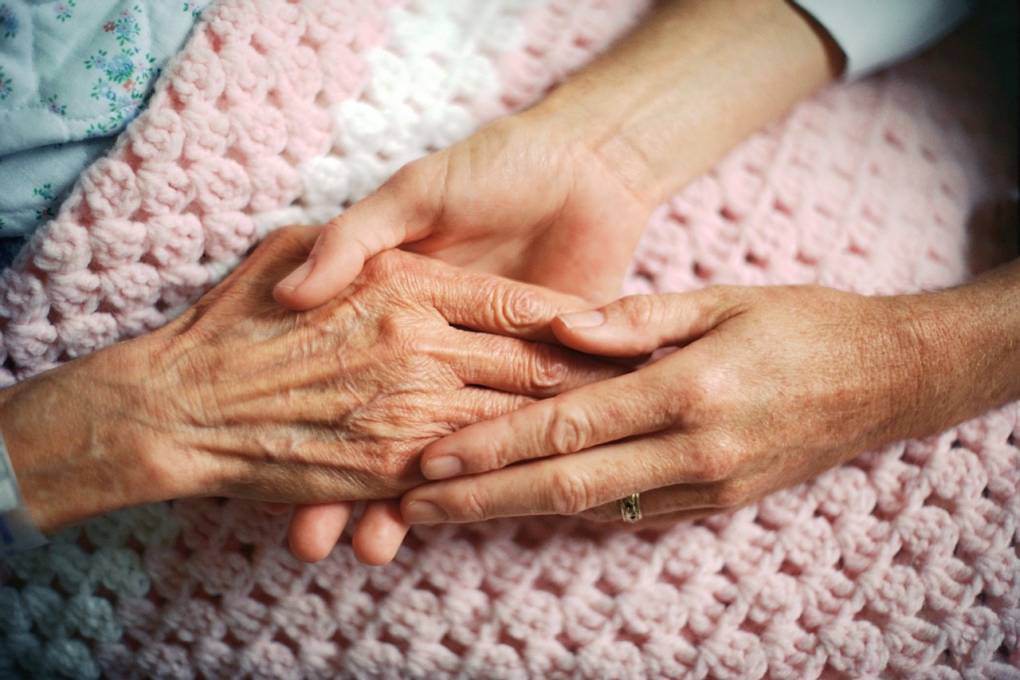As the novel coronavirus continues to spread, many people are worried about their elderly relatives in nursing homes and senior care centers.
Health officials say older adults are at greater risk of severe illness from this coronavirus, just as they are from other respiratory illnesses like the influenza. The elderly often have chronic health issues, making them even more vulnerable to disease.
Bay Area nursing homes and senior service providers are responding to the risk of novel coronavirus by implementing emergency measures and consulting public health officials each day. Among the precautions, staff and clients are increasing hand washing, stockpiling protective equipment, canceling public events and screening all visitors, including vendors and family members, who have traveled internationally in recent weeks.
Health officials in Santa Clara County, which confirmed at least 20 coronavirus cases Thursday, have advised nursing homes to cancel gatherings like bingo or movie night, and to enhance screening measures generally. The advisory also noted that a Centers for Disease Control and Prevention team is onsite at the county’s Public Health Department.
George Han, the county’s Deputy Health Officer, said in a statement: “While many persons in our community may get sick, the vast majority will recover. The added measures are being used to protect those in our community who are likely at greatest risk for having severe disease.”
Dr. Jay Luxenberg, is Chief Medical Officer at On Lok, a nursing home alternative that provides in-home care and transportation to day health centers for many low-income seniors. He says the company is reducing infection risk with a strong sick leave policy for workers. “[In other words] we pay employees that have a mild cold or upper or lower respiratory tract infection to just stay home.”
Luxenberg says On Lok has an ethnically diverse clientele, including people whose families travel internationally. After one client’s family visited China for New Year’s celebrations, Luxenberg said, On Lok prohibited them from visiting until 14 days passed with no sign of infection. And coronavirus communications are being developed in several languages to get the word out.
Luxenberg says On Lok has also for the first time activated an emergency response across its facilities in San Francisco, Alameda and Santa Clara counties, a measure intended to remain up-to-date on public health advisories and make adjustments accordingly.
On Lok has also created isolation rooms in two of its day clinics, Luxenberg says — and staff are stocking up on protective supplies like face masks. “We’re just vigilant in a way we didn’t have to be two weeks or three weeks ago,” he says.
“The best defense is infection control,” Luxenberg emphasizes, “Because really, when push comes to shove, coronavirus is another infection.”
Dr. Luxenberg says it’s very likely we’ll see more coronavirus outbreaks in senior living facilities, similar to what happened in a nursing home in Washington state last month.
But, he says, “We really should calm down quite a bit,” because so far, past flu seasons have been more lethal.
Belmont Village Senior Living, which has roughly a dozen California senior living facilities, is more than doubling its standard two-week stockpile of supplies, and cancelling events that draw participants from outside the residences. Internal social events are proceeding as planned.
Radhika Singh, senior executive director at the Sunnyvale and San Jose locations, described Belmont’s screening system: Hand-washing and sanitizing stations, followed by asking visitors to take a survey on digital tablets to answer questions about international travel, potentially triggering additional risk assessments.
Some Belmont residents are leaving the facilities less often, but they don’t show much anxiety about coronavirus, says Singh. “It’s a topic of conversation, but they say as long as we have our hand sanitizer and wash our hands, we should be okay. Their outlook is really positive.”
The Centers for Disease Control and Prevention has guidelines on its web site for preventing the spread of coronavirus in long term care facilities.
Click here to view and listen to the feature by KQED.
